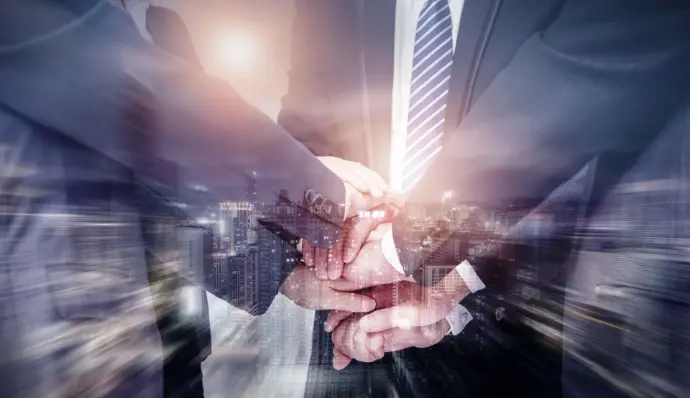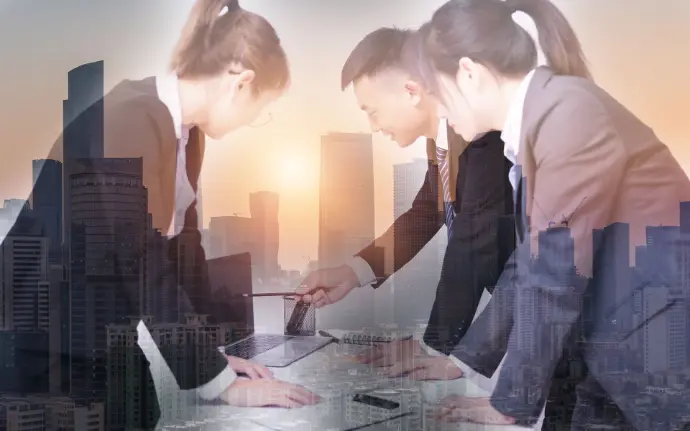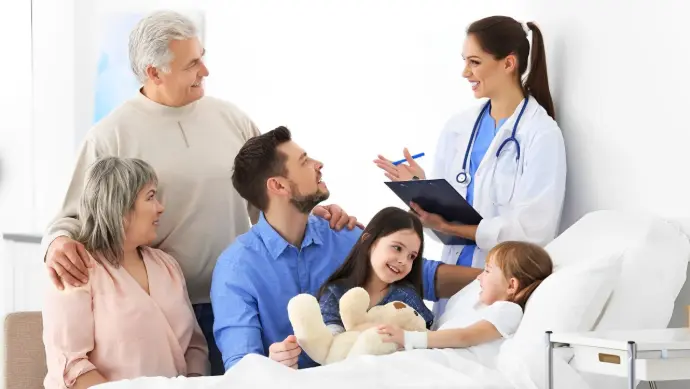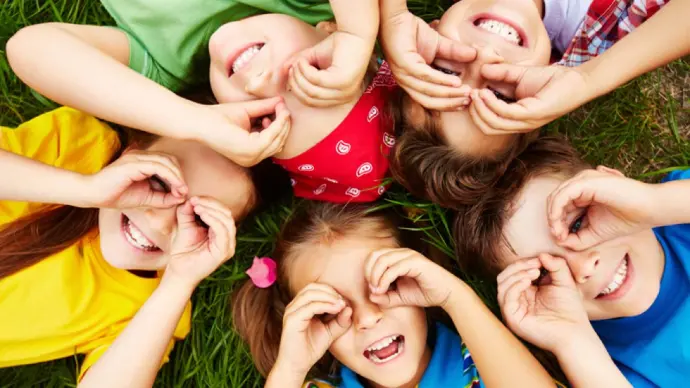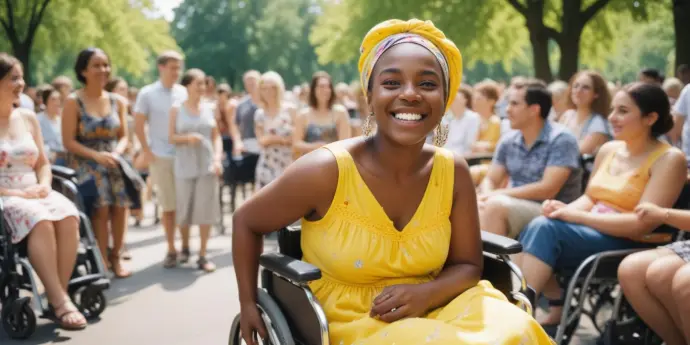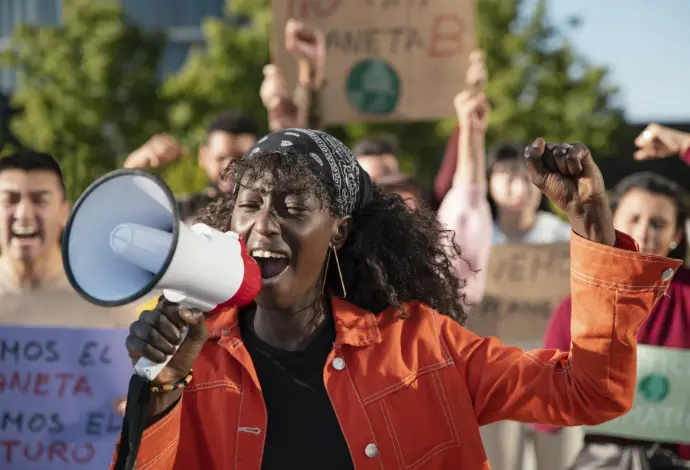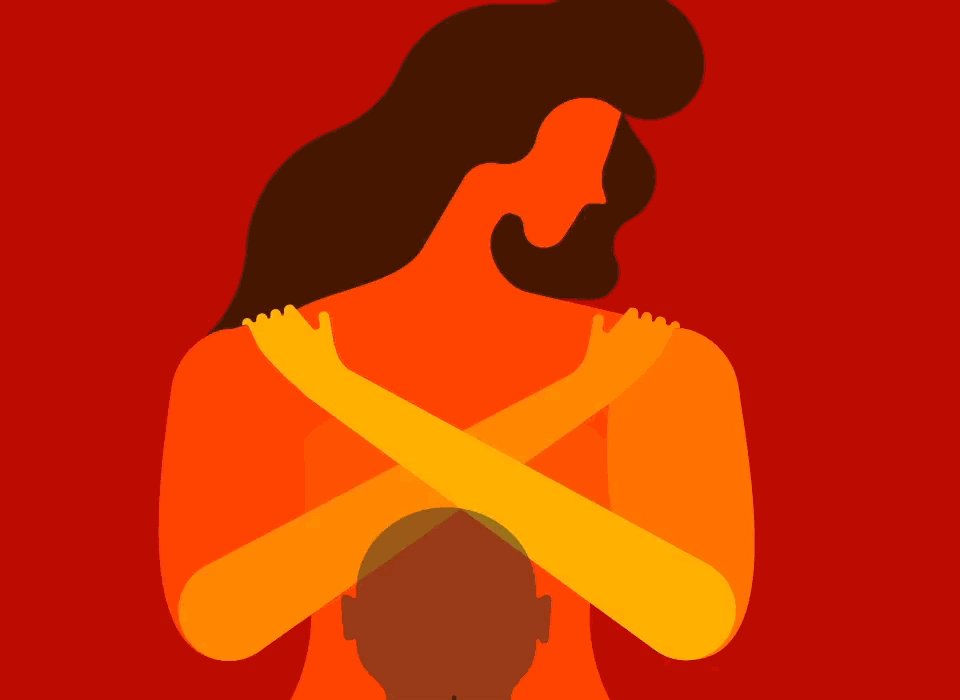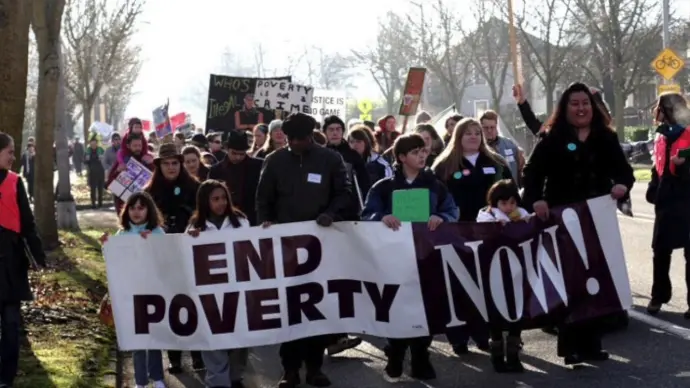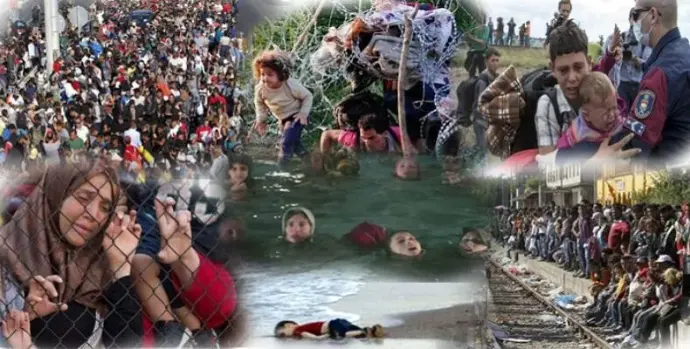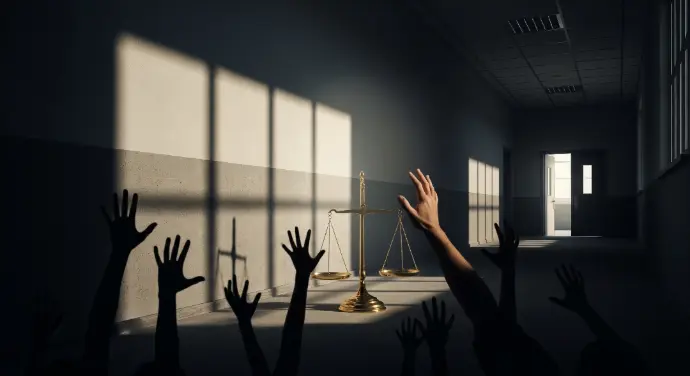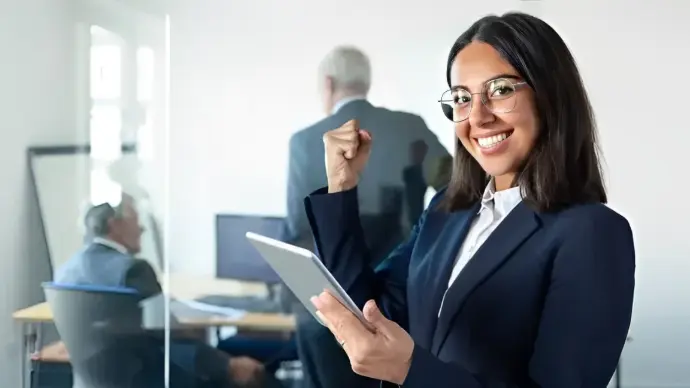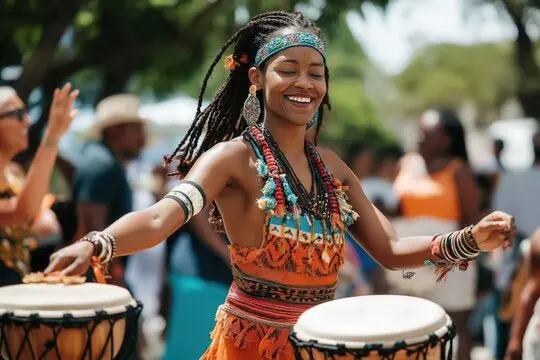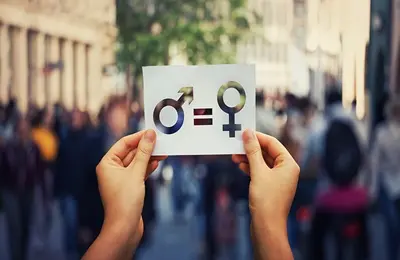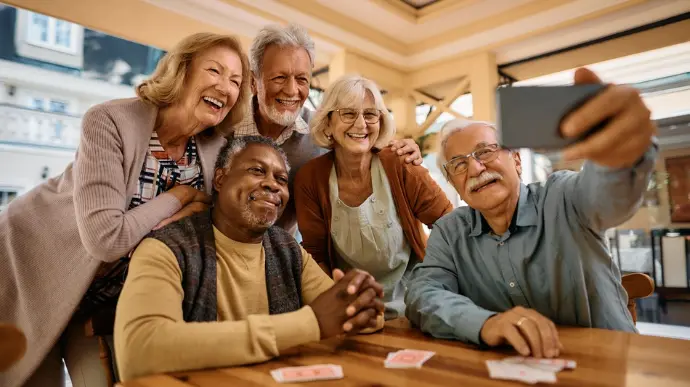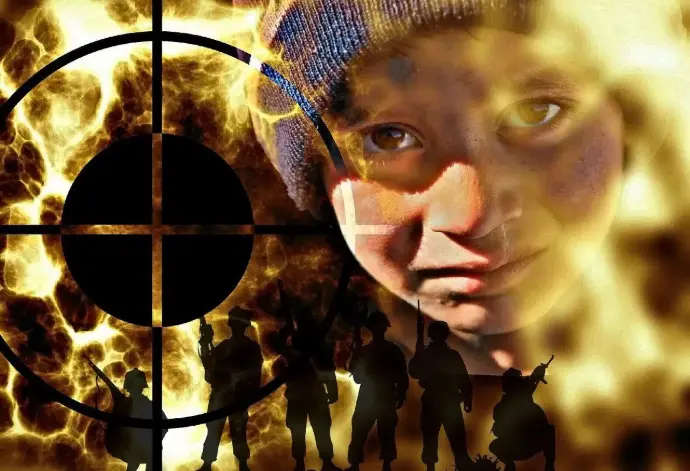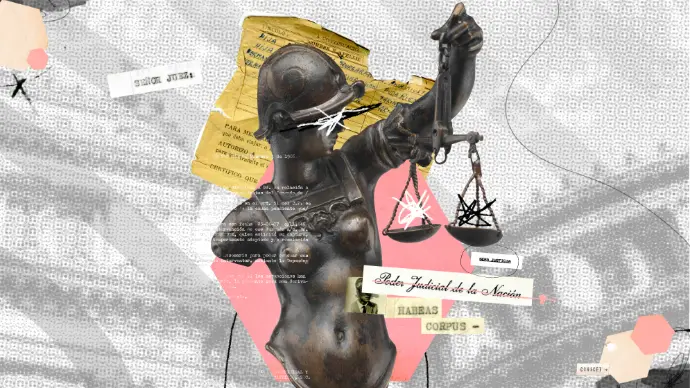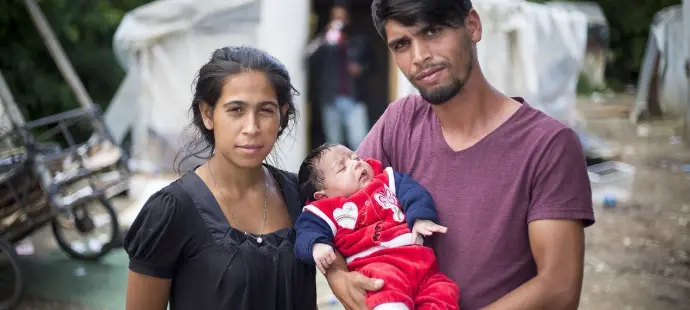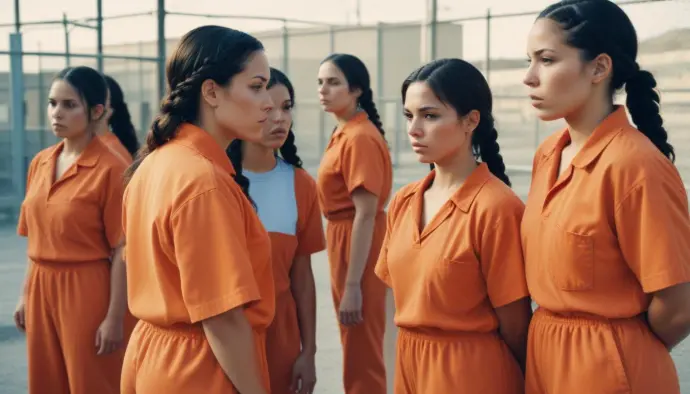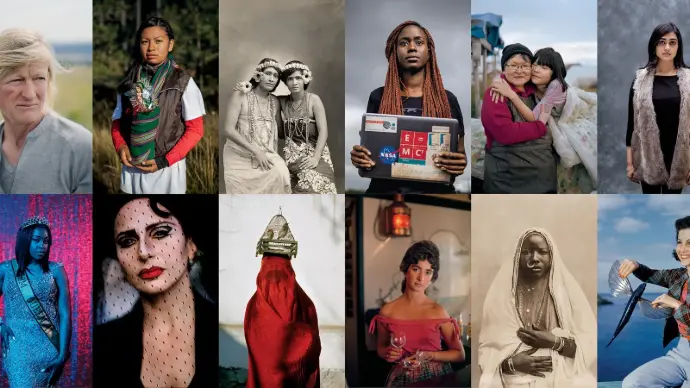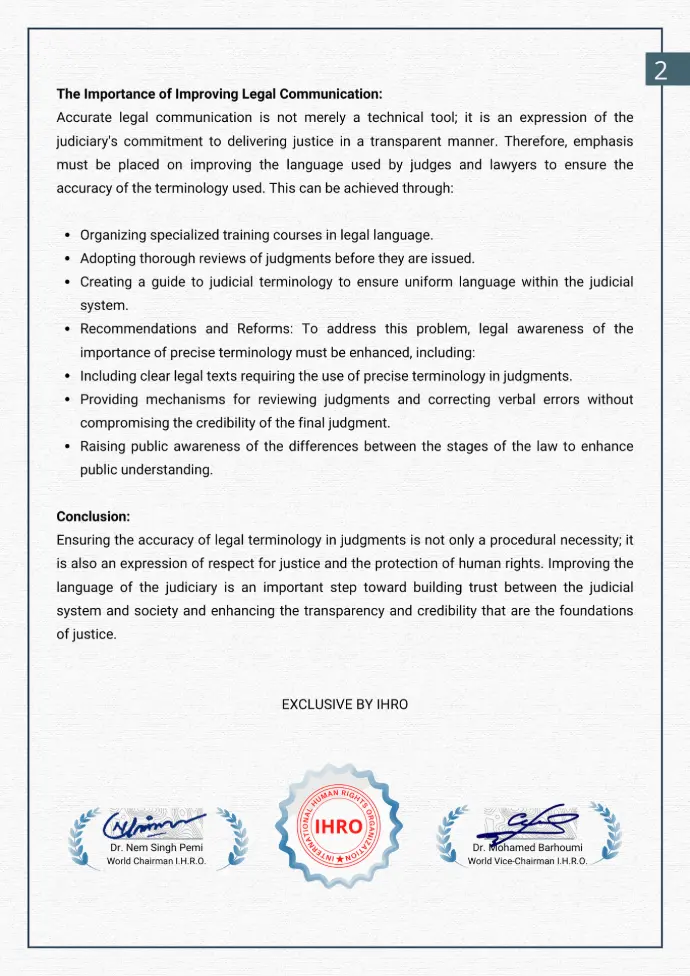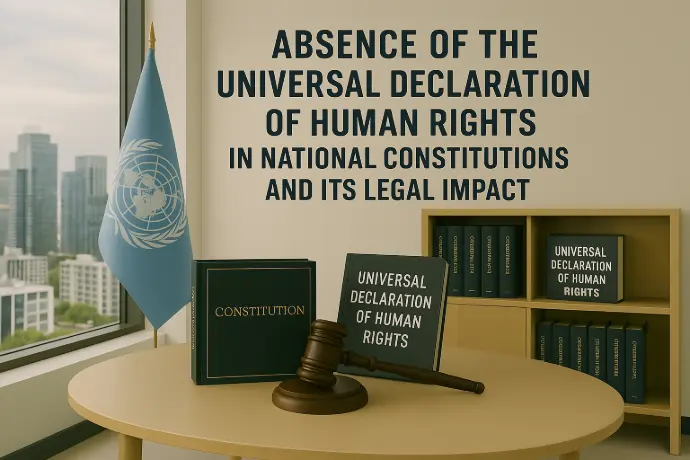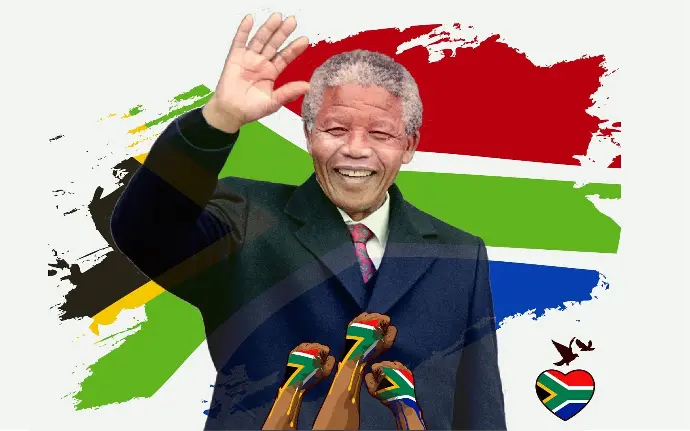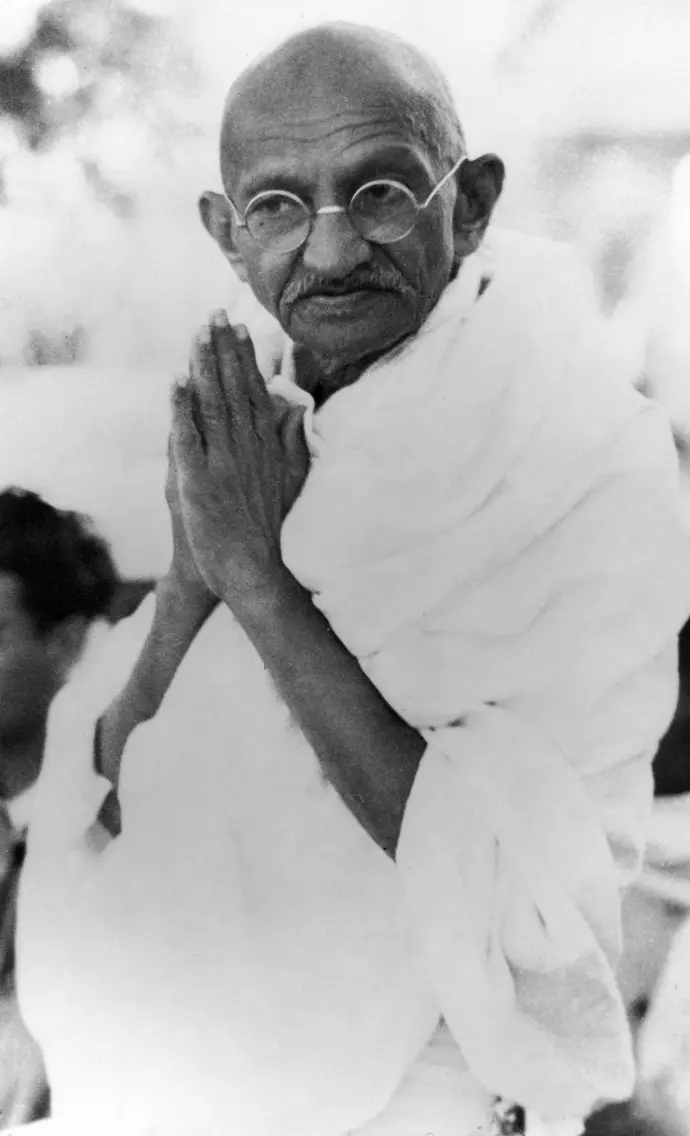HOW WE ARE
The International Human Rights Organization (IHRO) is a non-governmental , non-profit organization (NGO) with a national focus and global network. It campaigns, both in India and internationally, for the protection of the rights of people regardless of their caste, creed or political opinions. The voluntary organization has a selective membership drawn from a variety of disciplines: law, journalism, education, medicine, agriculture, commerce and industry. Since its inception in 2009, the IHRO has worked to investigate and publicize human rights violations in this part of the Indian subcontinent and abroad.
IHRO strives to bring together all those who cherish democratic values in all spheres of life-social, economic and political-and takes active steps to preserve, defend and strengthen democracy. It also strives to educate public opinion by propagating rational and constructive views on human rights, dignity and freedom, and to promote the cause of unrepresented nations and peoples including their right to self-determination, with a hope that these efforts will minimize the political conflicts and establish peace.
IHRO works for structural changes to fulfil socio-economic and political aspirations of nationalities, ensuring protection of their ethnic, religious and cultural identities; seeks recognition of principles of universal brother-hood, socio-economic and political justice, and dignity of the individual; educates people about their rights by organizing seminars and lobbies at world fora for the protection of theirs rights. It comprehends national and international problems in their depth, complexity and essence, and suggests peaceful solutions for their resolution. The IHRO creates liaison with national and international organizations with similar missions.
IHRO seeks Justice, social, economic and political
* Liberty of person, nation and peoples
* Equality of all human being in dignity and rights
* Fraternity in the spirit of universality
IHRO believes
`Whereas it is essential, if a human being is not be compelled to have recourse, as a last resort, to rebellion against tyranny and oppression, that human rights should be protected by rule of law'
Preamble to the UN Declaration of Human Rights, December 10, 1948
Main Aims & Objects
Everyone is entitled to all the rights and freedoms set forth in UN charter and covenants. And Human Rights, including the right to self-determination of all nations, are not concerns exclusively within the domestic jurisdiction of the UN member states (Preamble to IHRO Constitution, April 7, 1985).
Working globally to protect human rights is a significant endeavor that involves various strategies and collaborations. Here are some ways an organization like IHRO can enhance its global impact:
Research and Documentation: Conduct thorough research to document human rights abuses. This evidence can be used to inform the international community and advocate for change1.
Advocacy and Lobbying: Engage in advocacy at both the national and international levels. Work with governments, the United Nations, and other intergovernmental organizations to influence policy and legal reforms1.
Collaboration with Local Partners: Partner with local organizations and activists. This helps to understand the specific context and needs of each country and to support grassroots movements1.
Public Campaigns: Utilize public campaigns, social media, and other forms of communication to raise awareness and mobilize public opinion in support of human rights causes1.
Legal Action: Take legal action where possible to hold violators accountable and to seek justice for victims1.
Capacity Building: Provide training and resources to local human rights defenders to strengthen their ability to advocate for change2.
Global Networking: Join forces with other international organizations to share best practices, resources, and to coordinate on global initiatives2.
Diverse and Inclusive Workplaces: Create a diverse and inclusive environment within the organization to reflect the global community it serves and to foster innovative solutions3.
Invest in Communities: Support community development projects that can have a positive impact on human rights, such as education, healthcare, and economic empowerment3.
Engage with Businesses: Work with businesses to promote human rights in the workplace and in their operations, especially in countries where rights are at risk3.
By combining these approaches, IHRO can strengthen its global presence and effectiveness in protecting and promoting human rights across the world.
Partners
International Human Rights Organization (IHRO) has collaborated with various governments, United Nations and other international institutions, NGOs and CBOs, and corporates to promote and protect the human rights of the masses as enshrined in the United Nations Declaration of Human Rights.
We look at impact investing in a sustainable way and focus on building partnerships on with those corporates which are rated highly on ESG indices such as FTSE4Good index. We agree that we can build a global community which has access to health, education, and a dignified way of life.Our unique strategy focuses on the creation of a platform that links the donor organizations with community based organizations and helps in giving assistance to marginalized communities
- Sulabh International
- Asian-Arab Chamber of Commerce (AACC)
- Institute of Social Sciences (ISS)
- Latin American Caribbean Federation of India
- IHRO Air Ambulance India Foundation (IAAIF)
- IHRO Air Ambulance India Foundation (IAAIF)
- Utkal Karate School
- H3 Infotech Pvt Ltd
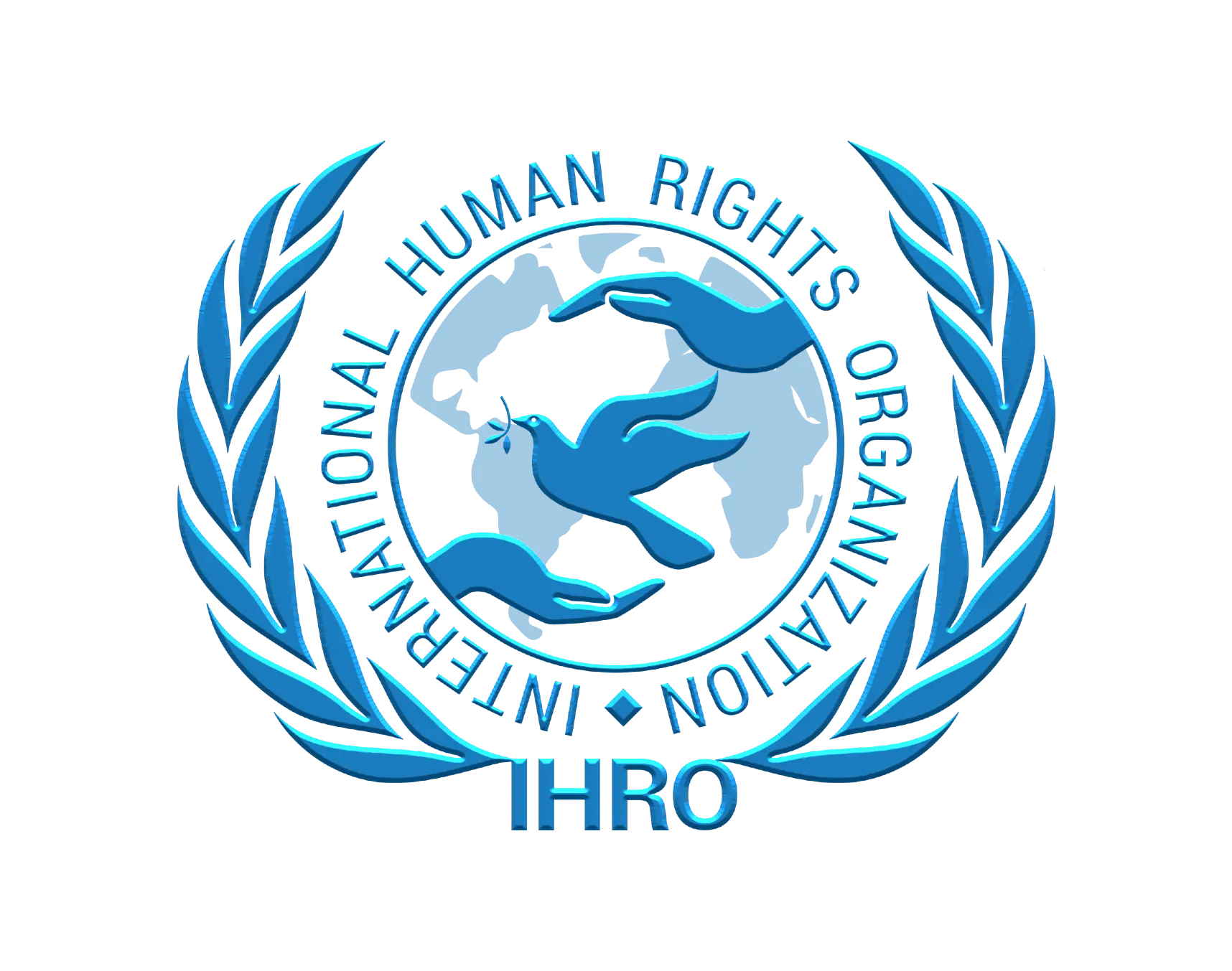

IHRO & The Sustainable Development Goals 2030
The Sustainable Development Goals are a plan to achieve a better and more sustainable future for all. These goals address the global challenges we face, including those related to poverty, inequality, climate, environmental degradation, prosperity, peace and justice.

World Chairman Message
I am delighted to introduce International Human Rights Organization (IHRO) to spread awareness & assistance to protect Human Rights, Liberties, Social Justice for all Human beings at National & International Level. IHRO has translated its avowed objectives at the grassroots level through Campaigns, Awareness Camps, conferences, seminars, conventions, cultural programmes etc.. International Human Rights Organization (IHRO) in Co-operation with United Nations & International Bar Association has its presence in all states of India and more than 45 Countries.
The protection and promotion of human rights for everyone is the commitment of IHRO seeks to raise awareness and education of rights, provide protection and support necessary for individuals and develop abilities. IHRO is functioning with commitment to the Noble Cause of Human Rights Protection and Promotion, Justice, Education, Love, Peace, Harmony to all and Friendship, National & International Integration by Exchange of Ideas & Ethos around the World.
We are strongly connected nationally and internationally with millions of people all around the world including Retired Govt. officials, Former Judges, lawyers ( Supreme Court, High Court, Lower Court, Doctors, Engineers, Chartered Accountants, Academician, Professionals, Journalists, RWA, bureaucrats, Artists ,Students etc IHRO has a large team of volunteers and active members spread across every part of India and more than 54 countries of the world. IHRO centres operating for the cause of spreading human rights awareness in order to break the barriers of class, caste, creed, colour and religion.
I appeal to all of you to Join IHRO as Volunteer/ member to support the noble cause of Human Rights Protection for Humanity. I believe, by working together in an environment of trust and support, we would be able to achieve more success and fame in the years to come. I Invite you all to Join IHRO to serve the Humanity and make the Mother Earth a Heaven to all for...
Dr. Nem Singh Premi
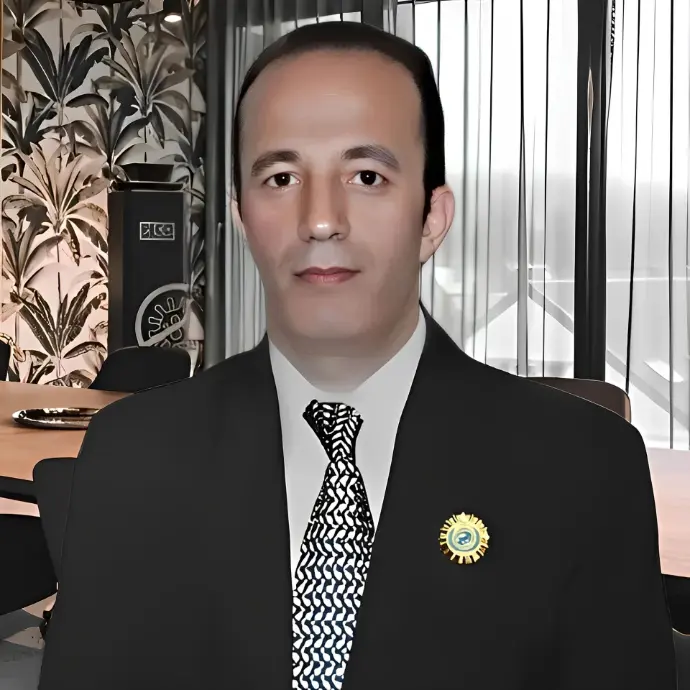
World Vice - Chairman Message
The International Human Rights Organization is a non-partisan, , non-profit voluntary organization that aims to support, protect and enforce the human rights of all communities suffering from a lack of services all over the world for an equitable society. The International Human Rights Organization (IHRO) was established in 2009, then engaged with the United Nations and the World Association of Lawyers and is working progressively to achieve the goal of advocating "human rights" for citizens in India and abroad. Based in New Delhi, with a second executive office in the Argentine Republic. It also works with partners in more than 45 countries to defend the human rights of individuals. We strive to achieve comprehensive social development for people of different demographics. The organization is also actively involved in creating legal awareness and human rights among the public, especially the disadvantaged groups of society. Our knowledge capital is formed by a strong research and advocacy suite that can field experts, legal experts, intellectual centers, and academia globally.
The International Human Rights Organization (IHRO) is a leading organization in the world that provides work on human rights issues for citizens. We believe in the philosophy of Vasodiev Vasodhayva Kotumbakam, which means "the world is one family". Our work is in line with this fundamental value of philosophy and the vision of the United Nations and directs all our work towards creating a better world for humanity through a large number of comprehensive projects countries to defend the human rights of individuals. We strive to achieve comprehensive social development for people of different demographics. The organization is also actively involved in creating legal awareness and human rights among the public, especially the disadvantaged groups of society. Our knowledge capital is formed by a strong research and advocacy suite that can field experts, legal experts, intellectual centers, and academia globally. The International Human Rights Organization (IHRO) is a leading organization in the world that provides work on human rights issues for citizens. We believe in the philosophy of Vasodiev Vasodhayva Kotumbakam, which means "the world is one family". Our work is in line with this fundamental value of philosophy and the vision of the United Nations and directs all our work towards creating a better world for humanity through a large number of comprehensive projects.
We are committed to our work, and this allows people we communicate with to exercise their human rights at the highest possible level. We are pioneers in inspiring these choices and aim to establish, restore and protect human rights throughout the world. We also focus on international and national initiatives that benefit the disadvantaged and support them in supporting their vital human rights in areas such as health, education, sustainability, child rights, family education, civilized technology, freedom of opinion and freedom of press and expression. Peace and justice among all peoples in all their religion, race and color. It is also incumbent upon us to take care of the elderly, the handicapped, the refugees ... then the culture, science, art and more. We are inspired by these rights. The Universal Declaration of Human Rights, adopted by the General Assembly of the United Nations in Paris on December 10, 1948, by resolution 21700 as the common international standard to be targeted by all peoples and nations and for the first time identified the basic human rights to be protected globally. We are re-inventing human rights dialogue in line with United Nations goals for sustainable development. We hope that human rights, integrated with the goals of sustainable development, will transform our world by 2030. We expand this idea and conceptualize our "human right to sustainability" initiative. All human rights solutions should be viewed as part of the scanner for sustainability, because it would only be possible to promote long-term solutions. We work with a global focus with many partners in many countries as we continue to expand our reach steadily.
Dr. Mohamed Ben Sadok Barhoumi
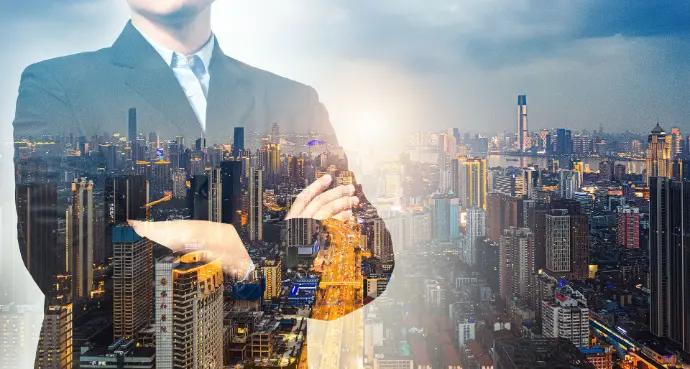
OUR MISSION
International Human Rights Organization is a worldwide movement of people who campaign for internationally recognized human rights for all. Our supporters are outraged by human rights abuses but inspired by hope for a better world - so we work to improve human rights through campaigning and international solidarity. You can help make a real difference by becoming a member or supporter of International Human Rights Organization. To organize, promote, undertake all programmers for the formation of fearless and non-succumbing society on the basis of truthfulness & non violence.
To organize, promote, undertake, sponsor, carry out all programmers for the benefit of naturally challenged persons, schedule caste, schedule tribes, people under poverty line, old-aged, widow and down trodden irrespective of caste, creed, sex and religion and culture such as:
- Human Resource Development
- Health & Family welfare
- Protection of women's rights
- Protection of children's rights
- Protection of the forcibly displaced and refugees
- Protection of the rights of Education
- Protection of the civil rights of each citizen
- The development of science and technology with the great developments at the global level
- Protection from human trafficking and sexual harassment
- Protection from trading members
- Protecting young adolescents from drugs and the harms of social networks
- Agriculture and Allied Industries
- Development Environment & Forest rural development and more......
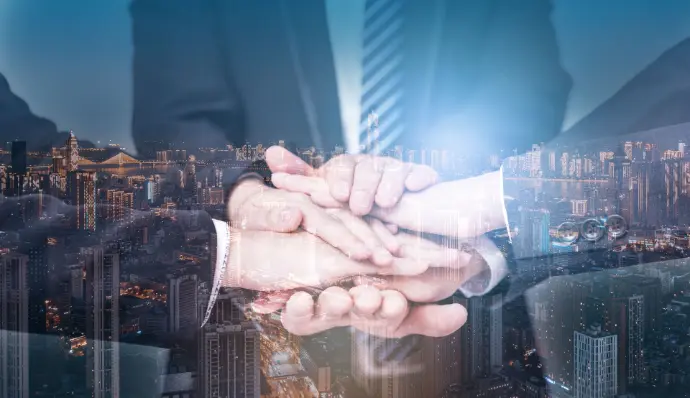
IHRO Vision & objective
The IHRO is established for the following public charitable purposes, namely, to protect and promote the human rights of the people worldwide. For the purposes outlined in rule 2(a), the IHRO Directors may:
- Formulate policies
- Make rules in connection with any policy;
- and Revoke or amend any policy or rules and formulate others.
- Advocate Human Rights issues worldwide
- Form country specific Human Rights Agendas
- Establish IHRO offices worldwide
- Network with national and International bodies/ agencies/institutions for the protection of Human Rights.
To make all communities in identified demographics self-sufficient in terms of exercising their human rights.The Vision of IHRO is the formation of fearless and non-succumbing society on the basis of truthfulness & nonviolence. This society will allow peaceful existence of all types of naturally challenged persons, schedule caste, schedule tribes, people under poverty line, old-aged, widow and down trodden irrespective of caste, creed, sex and religion. This society in its majority will be constituted by the followers of human rights and human rights activists consequently reducing the pool of wrongdoers. A vision of a society of human rights followers.
Proposed Geographic Structures for Regional Managers IHRO
Statement of the International Human Rights Organization
Dated July 2, 2025
Subject: Restructuring the Organization's Regional and International Representation
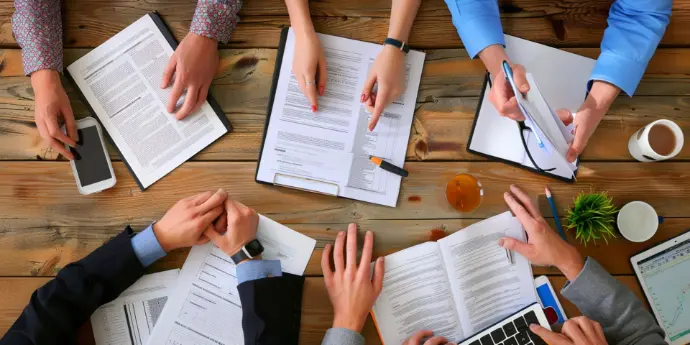
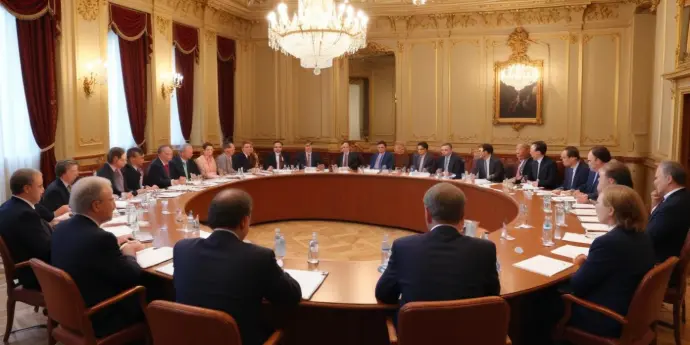
The Vienna Convention and Its Relevance for International NGOs
In our feature article, "The Vienna Convention and Its Relevance for International NGOs," we will explore the key principles that affect international nonprofits. Discover how this convention can influence your NGO's work and how to navigate its implications. Get ready to dive into a world of expertise that makes a difference!
EXPLORE HUMAN RIGHTS SUBCASES
Click and view Human Rights subcases and learn more about our Human Rights Cause
Torture is a serious human rights issue that affects individuals worldwide, but there have been positive developments in recent years that offer hope for ending the use of torture and promoting accountability for perpetrators. According to the United Nations, torture remains widespread, with reports of torture and ill-treatment in over 130 countries, but many countries have implemented effective policies and programs to prevent torture and hold perpetrators accountable, such as implementing legal frameworks that prohibit torture, providing training to law enforcement officials, and conducting investigations and prosecutions of alleged torture cases. Additionally, there has been a growing recognition of the importance of addressing the root causes of torture, such as impunity, lack of accountability, and lack of respect for human rights, and promoting behavior change through education and awareness campaigns. These positive trends have contributed to improvements in the prevention of torture and increased accountability for perpetrators, with some countries reporting significant reductions in the use of torture and increased access to justice for victims. Additionally, the development of international mechanisms, such as the Convention against Torture and the International Criminal Court, offer hope for further progress in ending the use of torture and promoting accountability for perpetrators. These positive developments indicate that progress is being made in the fight against torture, and offer hope for a future where all individuals are able to live free from the threat of torture and other forms of ill-treatment.
Refugees and displaced persons are among the most vulnerable populations in the world, but there have been many positive developments in recent years that offer hope for providing protection and support to those who have been forced to flee their homes. According to the United Nations, there are currently over 80 million people worldwide who have been forcibly displaced from their homes, but many countries have implemented effective policies and programs to provide assistance to refugees and displaced persons, such as providing access to healthcare, education, and other essential services, and implementing community-based support initiatives. Additionally, there has been a growing recognition of the importance of addressing the root causes of displacement, such as conflict, poverty, and climate change, and promoting behavior change through public awareness campaigns and education. These positive trends have contributed to improvements in the protection and support of refugees and displaced persons, with some countries reporting increased access to education and healthcare services, and improved living conditions in refugee camps and settlements. Additionally, the development of international frameworks, such as the Global Compact on Refugees, offer hope for further progress in promoting the protection and support of refugees and displaced persons worldwide. These positive developments indicate that progress is being made in providing assistance and protection to refugees and displaced persons, and offer hope for a future where all individuals are able to live with dignity and respect, free from the fear of persecution and displacement.
Human rights are essential to the dignity and well-being of all individuals around the world, and there has been a growing recognition of the importance of promoting and protecting these rights. According to the United Nations, over 140 countries have abolished the death penalty in law or practice, and the number of political prisoners worldwide has decreased by over 20% since 2010. Additionally, there has been a growing emphasis on promoting gender equality and women's rights, with many initiatives working to promote women's access to education, healthcare, and economic opportunities. These positive trends have contributed to improvements in the lives of many individuals around the world, with some countries reporting reductions in poverty and increased access to essential services for vulnerable communities. Additionally, there has been a renewed emphasis on promoting social justice and human dignity, with many organizations and institutions working to address issues such as discrimination, marginalization, and oppression in order to build a more just and equitable world.
While human trafficking remains a significant global challenge, there have been positive developments in recent years in efforts to prevent and combat this crime. According to the United Nations Office on Drugs and Crime, the number of convictions for human trafficking has increased by 35% globally over the past decade. Many countries have also taken steps to improve their legal frameworks and policies related to trafficking, including increasing penalties for offenders and providing support services for survivors. In addition, there has been growing awareness and advocacy around the issue, with many organizations and individuals working to raise awareness, provide support to victims, and advocate for stronger action to prevent and combat trafficking. While there is still much work to be done to address this complex issue, these positive developments demonstrate the potential for continued progress in the fight against human trafficking.
While capital punishment remains a controversial issue around the world, there have been positive developments in recent years in efforts to abolish this practice. According to Amnesty International, 108 countries have now abolished the death penalty for all crimes, and a further 28 countries have not carried out an execution in more than 10 years. In addition, many countries have placed a moratorium on executions or reduced the number of crimes for which the death penalty can be imposed. There has also been growing awareness and advocacy around the issue, with many individuals and organizations calling for an end to the death penalty and highlighting its human rights implications. While there are still many countries that continue to practice capital punishment, these positive developments demonstrate the potential for continued progress in the global movement towards abolition.
Indigenous peoples are an important and valuable part of the world's cultural and environmental heritage. Despite facing many challenges, including discrimination, marginalization, and loss of land and resources, indigenous peoples continue to preserve their unique cultural traditions, knowledge, and languages. In recent years, there has been increased recognition of the importance of indigenous peoples' rights and the need to address historical injustices. According to the United Nations, there are over 476 million indigenous peoples in the world, belonging to over 5,000 different cultures and speaking more than 4,000 languages. Indigenous peoples are increasingly being involved in decision-making processes that affect their lives, and efforts are being made to protect their rights to land and natural resources. Additionally, initiatives such as indigenous-led conservation efforts are promoting sustainable development and biodiversity conservation.
Gun violence is a complex issue that affects many individuals and communities worldwide. Despite the ongoing challenges, there have been significant strides made in addressing this issue, including the implementation of new legislation, community-based interventions, and increased public awareness. According to the World Health Organization, over 500,000 people die from firearm injuries each year, and countless others are impacted by the trauma of gun violence. However, there are many organizations and individuals working tirelessly to address this issue through advocacy, education, and prevention efforts. These efforts have contributed to a decline in gun-related deaths in some regions, providing hope for continued progress.
Genocide is a horrific crime that has caused untold suffering throughout history. According to the United Nations, genocide is defined as "any of the following acts committed with intent to destroy, in whole or in part, a national, ethnical, racial, or religious group, as such: killing members of the group; causing serious bodily or mental harm to members of the group; deliberately inflicting on the group conditions of life calculated to bring about its physical destruction in whole or in part; imposing measures intended to prevent births within the group; and forcibly transferring children of the group to another group." Genocides have occurred in many parts of the world, from the Holocaust in Europe to the Rwandan genocide in Africa. However, there are efforts being made to prevent future genocides and hold perpetrators accountable. International criminal tribunals have been established to prosecute individuals responsible for genocide and other crimes against humanity, and there are many organizations working to promote peace, justice, and reconciliation in areas affected by genocide.
Sexual violence is a pervasive issue that affects individuals of all genders and ages. According to the World Health Organization, 1 in 3 women worldwide have experienced physical or sexual violence in their lifetime. Sexual violence can have devastating effects on individuals, families, and communities, and it is often used as a tool of power and control. However, there are organizations and groups working to provide support and promote prevention. These groups offer counseling, advocacy, and education to survivors of sexual violence and work to raise awareness about the issue and promote healthy relationships and consent.
Female genital mutilation (FGM) is a harmful practice that violates the rights of girls and women. According to the World Health Organization, over 200 million girls and women worldwide have undergone FGM. FGM can cause a range of health problems, including chronic pain, infections, and complications during childbirth. However, there are efforts being made to eradicate it. Organizations and advocates are working to raise awareness about the harmful effects of FGM, provide support to survivors, and promote policies and legislation that prohibit the practice. While there is still much work to be done to eliminate FGM, progress is being made, and the efforts of these groups are making a positive impact.
Sex trafficking is a horrific crime that affects millions of people worldwide, particularly women and children. According to the United Nations, sex trafficking generates an estimated $150 billion in profits annually, and it is often linked to other forms of organized crime, such as drug trafficking and money laundering. However, there are many organizations and groups working to combat sex trafficking, such as the International Justice Mission and the Polaris Project, and their efforts have helped to rescue victims and bring traffickers to justice.
Freedom of the press is a fundamental human right that is essential for the functioning of a free and democratic society. It allows journalists to report on issues of public interest, hold those in power accountable, and provide information that citizens need to make informed decisions. However, press freedom is under threat in many countries around the world. According to estimates from organizations such as Reporters Without Borders and the Committee to Protect Journalists, journalists continue to face censorship, harassment, intimidation, and violence for their reporting in many countries. Media outlets are often subject to government control and regulation, limiting their ability to report on sensitive issues.
Prisons are an essential component of the justice system in many countries around the world, providing a means of punishment and rehabilitation for individuals who have committed crimes. According to estimates from the World Prison Brief, there are approximately 10.74 million people held in penal institutions around the world, and the rate of imprisonment varies widely between countries. Prison programs and initiatives, such as the Prison University Project and the Inside-Out Prison Exchange Program, work to promote education, rehabilitation, and social integration for prisoners and reduce the risk of recidivism.
Disability rights are human rights that are essential for promoting equality, justice, and dignity for individuals with disabilities. According to estimates from the World Health Organization, approximately 15% of the world's population has a disability, and many individuals with disabilities face challenges related to accessibility, discrimination, and social exclusion. Disability rights programs and initiatives, such as the Disability Rights Education and Defense Fund and the National Council on Disability, work to promote awareness, advocacy, and support for disability rights and reduce the impact of disability-related barriers on individuals and communities.
Disability rights are human rights that are essential for promoting equality, justice, and dignity for individuals with disabilities. According to estimates from the World Health Organization, approximately 15% of the world's population has a disability, and many individuals with disabilities face challenges related to accessibility, discrimination, and social exclusion. Disability rights programs and initiatives, such as the Disability Rights Education and Defense Fund and the National Council on Disability, work to promote awareness, advocacy, and support for disability rights and reduce the impact of disability-related barriers on individuals and communities.
True justice is fairness and equality
Legal and Linguistic Challenges in the Use of Terminology in Judicial Rulings
56% of victims of forced labour are in countries in South-East Asia and China.
900 million live in informal settlements in deplorable conditions.
How many people suffer from violations of their fundamental rights?
Women in rural areas of developing countries are three times more likely to die during childbirth than women living in urban centres.
There are 27.6 million people in the world who are victims of forced labour.
Some 1.6 billion people in the world live in inadequate housing.
There are almost half a million child soldiers in the world.

 IHRO NEWS
IHRO NEWS